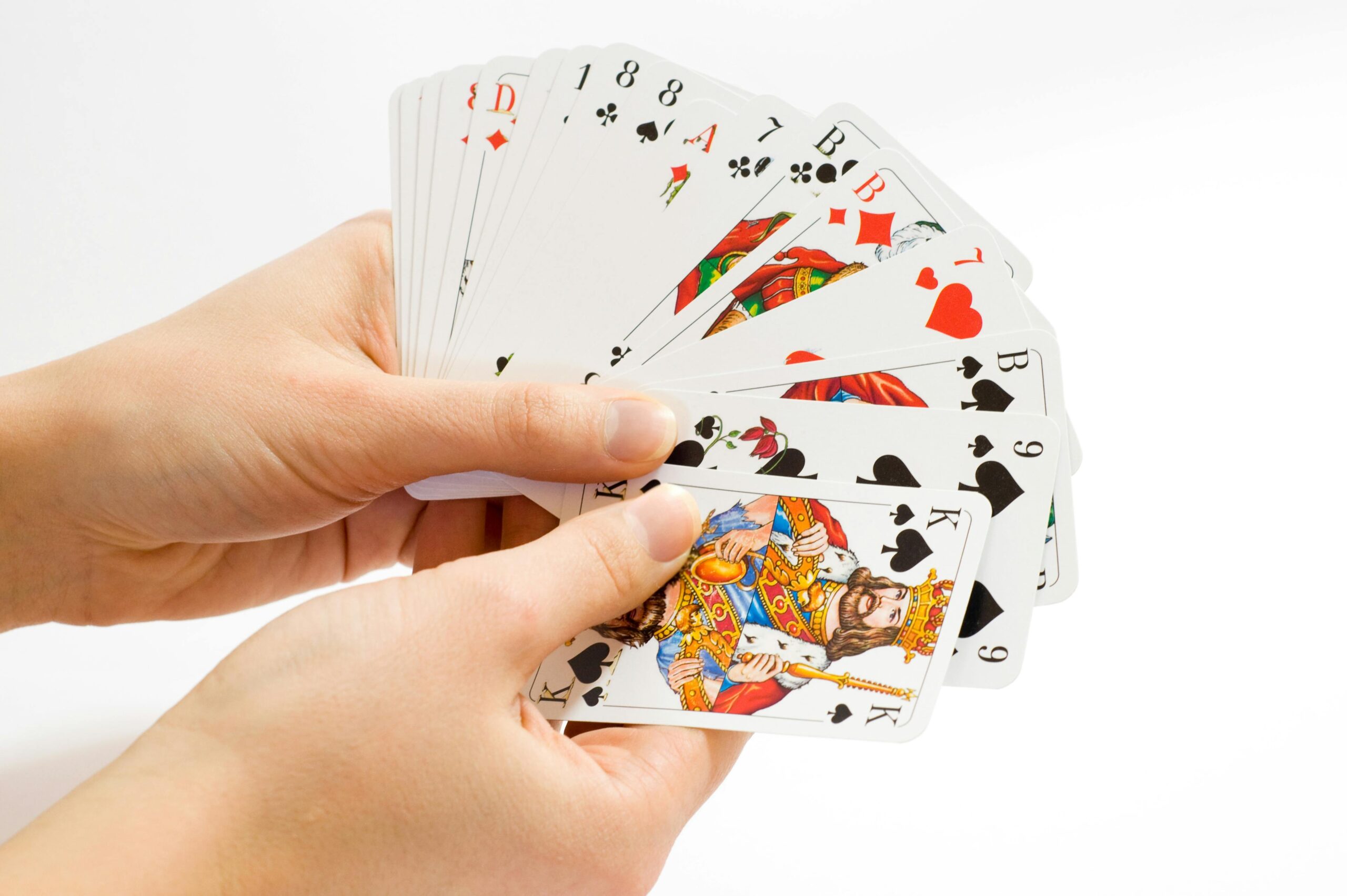Blackjack, the classic casino game, pitches players against the house in a battle of wit, strategy, and luck. As thrilling as the game can be, there’s a notorious saying that pervades the gambling world: “The house always wins.” This expression holds a lot of truth, especially in blackjack. But why does the house have an edge in blackjack, ensuring that over time, casinos almost always come out on top? In this insightful exploration, we’ll unravel the mysteries behind the enduring advantage of the house in blackjack.
The Built-in House Advantage
The house edge in blackjack refers to the mathematical advantage that the casino has over the players. This edge ensures that the house remains profitable over time, despite the occasional big wins by players. Understanding how and why this edge exists is essential for any blackjack enthusiast.
Nature of the Game
- Dealer Plays Last: The dealer playing last gives the house an inherent advantage, as players could bust before the dealer even draws a card.
- Natural Blackjack Payouts: Most casinos offer a 3:2 payout for a natural blackjack, but some have shifted to a 6:5 payout, increasing the house edge.
Rules That Affect the House Edge
Different blackjack games come with variations in rules, which can significantly impact the house’s advantage. Here’s a brief look at how some common rule changes affect the game’s dynamics:
| Rule Variation | Effect on House Edge |
|---|---|
| Number of Decks | More decks usually increase the house edge. |
| Dealer Hits or Stands on Soft 17 | Hitting increases the house edge. |
| Doubling After Splitting | Allowing it decreases the house edge. |
| Surrender Option | Allowing early surrender decreases the house edge. |
Player Strategies and Their Impact
Despite the house’s built-in advantage, players’ strategies can mitigate this edge to some extent. Mastery of basic strategy, the mathematically optimal way to play every hand in blackjack, can lower the house edge to less than 1%. However, deviations from these strategies can inversely raise the house edge even further, proving that player choice plays a significant role in the outcome.
The Psychological Aspect
Lastly, the psychological component of gambling can’t be overlooked. The thrill of the game often leads players to make impulsive decisions, deviating from optimal strategy and unwittingly increasing the house’s advantage. Casinos are designed to create an environment that encourages risk-taking, playing directly into the house’s hand.
In conclusion, while winning against the house in blackjack is possible, especially in the short run, the design of the game ensures that the odds are stacked in the house’s favor over time. Recognizing the factors contributing to the house edge can make for not only a more informed player but also a more strategic and potentially successful one.

